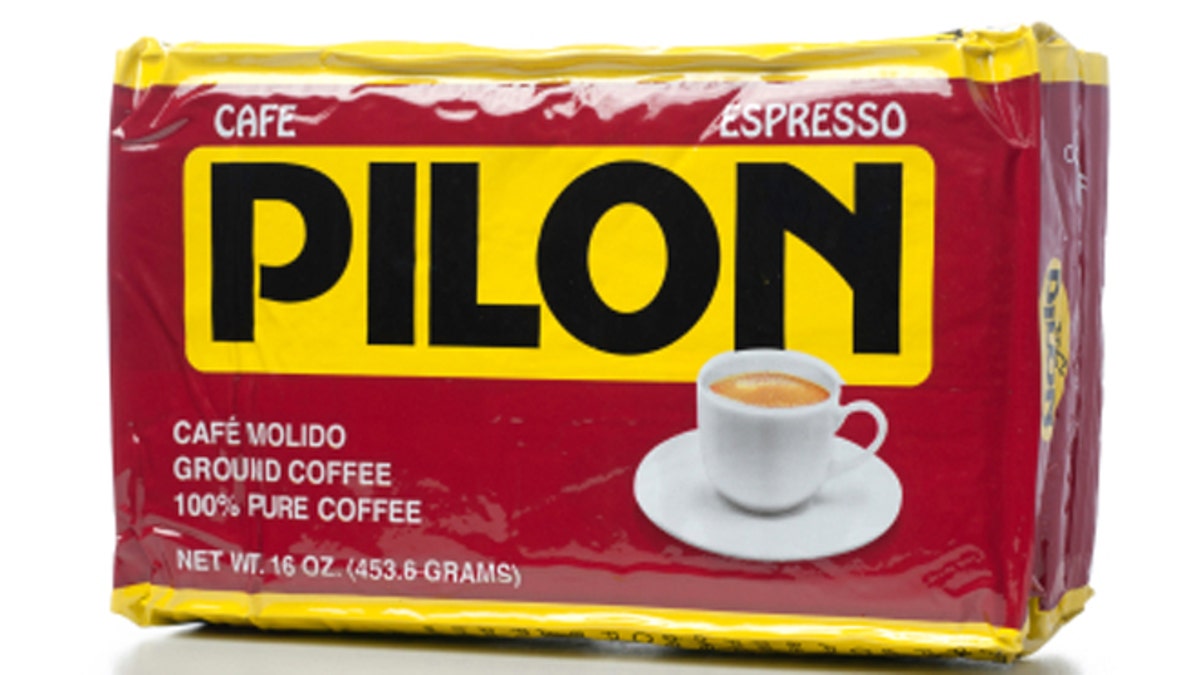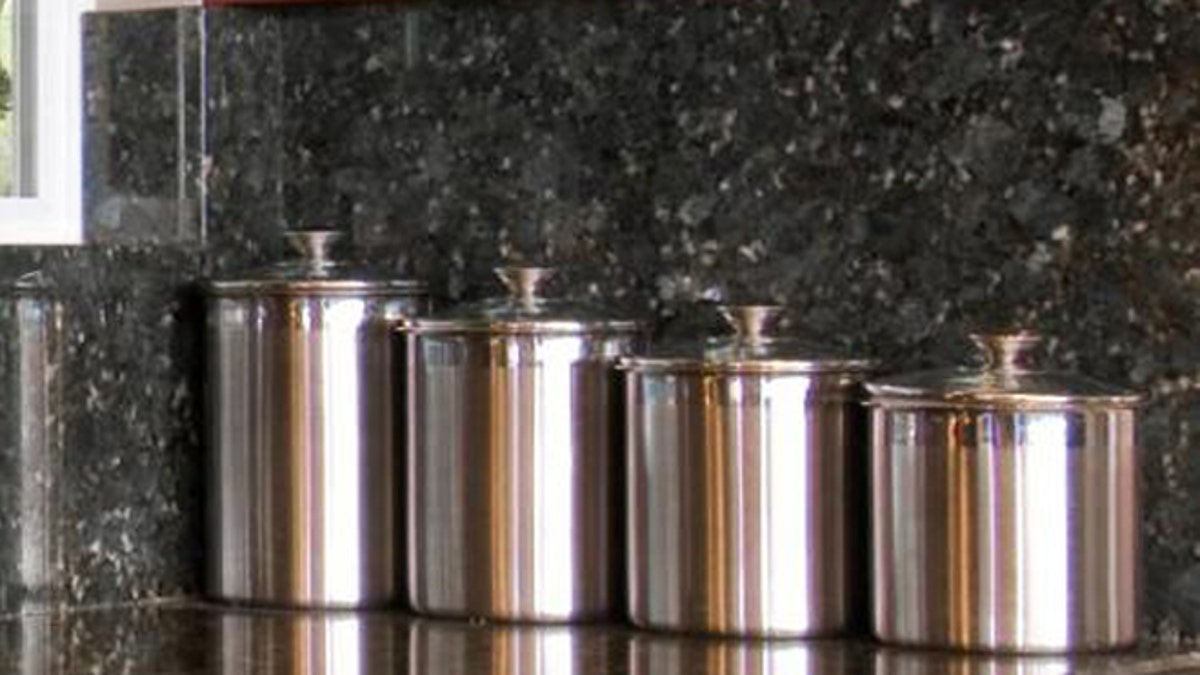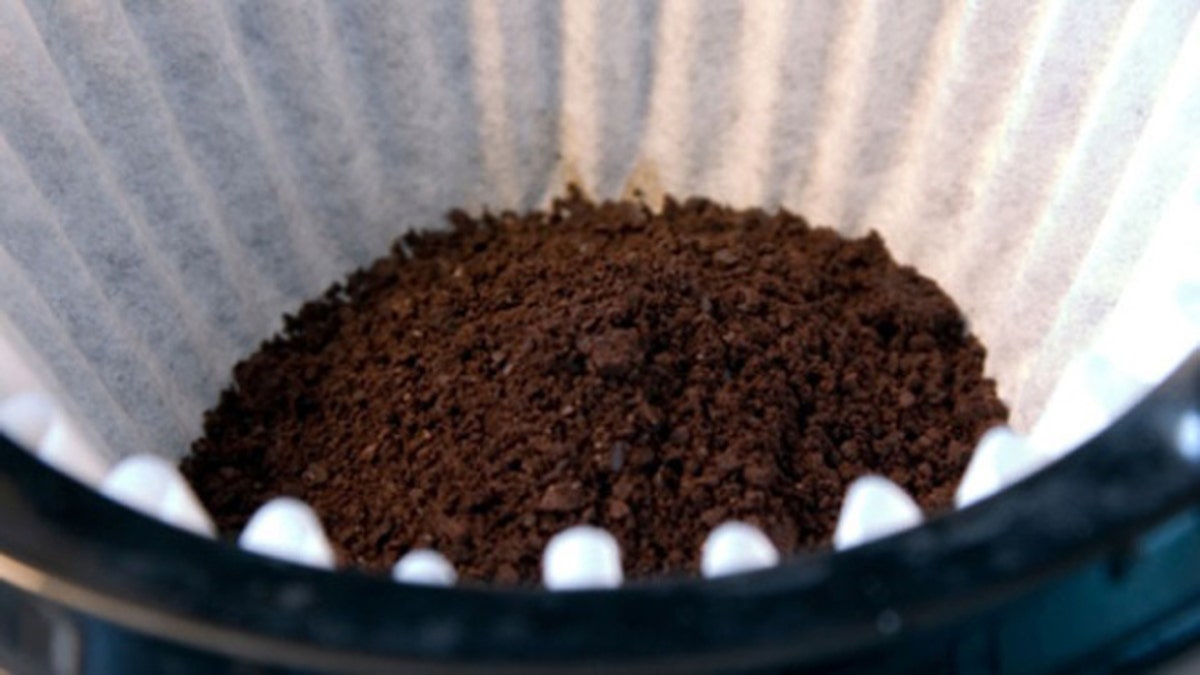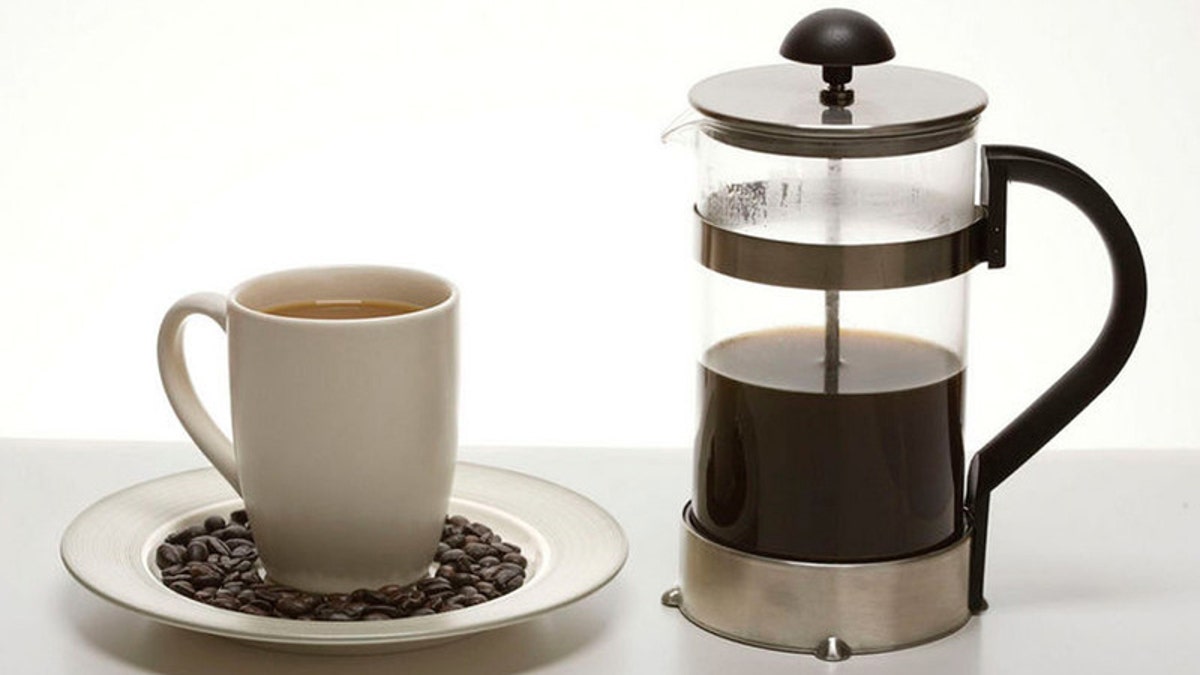There's nothing worse than that moment when you pour yourself a cup of coffee first thing in the morning, whether from your coffeemaker, your French press, or your Chemex — and it tastes awful. Too bitter, too weak, too thick, too watery… it's definitely not the way to start your day. What gives? Well, you’re doing it wrong — and here’s why.
As we’ve learned from our coffee experts (everyone to the good people at Starbucks to the owner of "America’s Best Coffee Shop"), there’s a science to brewing coffee. From the size of your grounds to the water you use to brew, every step of the process plays a significant part in the brewing process. And each little thing can affect just how good your cup of coffee is; and no one wants to waste a perfectly good coffee bean on a bad drink.
There are four major mistakes you can make when brewing coffee, each as important as the last. Let us show you what those errors are, and how to fix them — so you’ll never make a bad cup of joe again. Click ahead for the ultimate coffee brewing guide.
1. Mistake: Your Coffee

Cafe Pilon Espresso Ground Coffee 16 OZ package. Pilon Espresso Ground Coffee is owned by The J.M. Smucker Company. (iStock)
We’re obviously not proponents of waste, but bagged coffee goes bad faster than you think. Coffee’s biggest enemies are oxygen and moisture, says Starbucks — and the moment that the coffee is ground is when it starts losing freshness. (It’s why Ultimo and coffee connoisseurs are proponents of freshly ground, freshly made coffee and espresso drinks.) But a major problem can occur even before you grind the beans (which, if you’re not doing it already, should be done right before you start brewing). It’s often how coffee is stored that causes a loss of oxygen and moisture.
2. How to fix it: Storage

(iStock)
First off, don’t buy so much coffee — Ultimo says that a bag of coffee should be used within a week for ultimate flavor. If you want a small bag of coffee, hit up your local coffee shop for smaller bag, or ask the baristas to grind the beans for you in a smaller quantity — just make sure you use the grinds right away.
Always store coffee in an airtight container at room temperature, says Starbucks — and never in the refrigerator or freezer. Despite what you may think, storing coffee in the refrigerator or freezer can result in moisture from condensation. If coffee needs to be kept for more than two weeks without being used, store it in the freezer in an airtight container.
3. Mistake: The Grind

(iStock)
Grind, grind baby: your cup of coffee depends all on the grind of your coffee bean. Different brewing methods require different grinds, says Starbucks. It boils down to a science, says Aaron Ultimo, owner of Ultimo Coffee Bar, referring to over-extracted coffee and under-extracted coffee. That means when the water passes through the coffee, it will either over-extract or under-extract all of the flavors from the coffee. If your coffee is ground too coarsely, the coffee will be weak and less flavorful; if your coffee is ground too finely, the coffee will be bitter.
4. How to fix it: Press

(iStock)
Starbucks advises that over-extracted coffee tastes much worse than under-extracted coffee; so when in doubt as to the brewing method, always err on the coarse side. Coffee connoisseurs agree that the best coffee — thick, rich and truest to its flavor profile — is made in a traditional coffee press. A coffee press requires a coarse grind.
See more brewing mistakes at The Daily Meal
More from The Daily Meal
Starbucks Secret Menu: The Ultimate Guide
7 Facts You Didn't Know About Coffee Production
